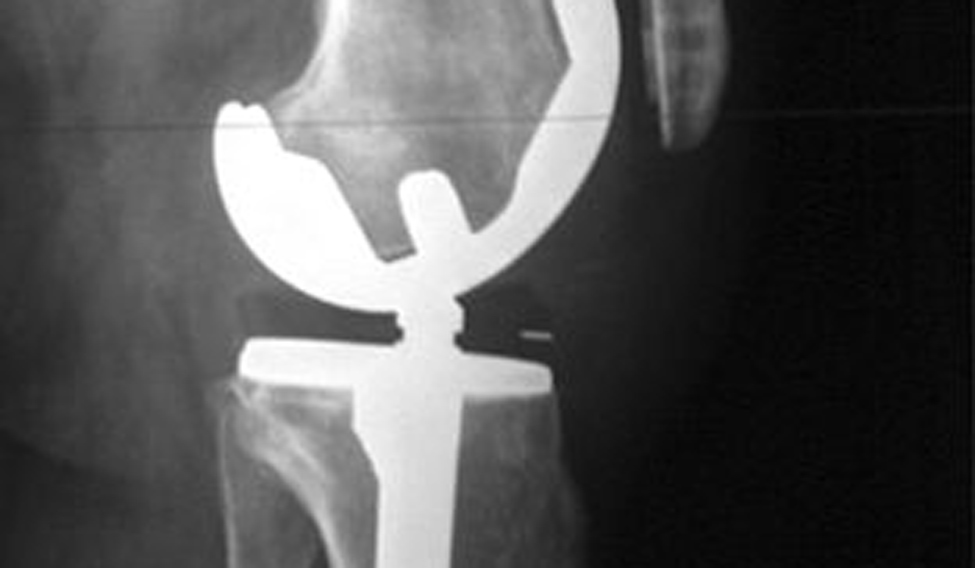Last month, the Centre introduced price ceiling for knee implants making them cheaper by a huge margin. However, it seems that international manufacturers are not on board with this decision.
The Medical Technology Association of India (MTaI), a representative body of the domestic arm of global medical device makers, has stated that the "hasty manner of decision-making to apply price controls", particularly by invoking paragraph 19 of the Drug Price Control Order (DPCO), 2013, is "contrary to the goals of increasing patient access and creating an environment that encourages investments in India".
The para 19 of the DPCO, 2013, authorises the government of India, in extraordinary circumstances—if it considers necessary to do so in public interest—to fix the ceiling price or retail price of any drug for such period it deems fit. Orthopaedic implants have been notified as drugs, and hence, can be included under para 19.
"Invoking para 19 is intended for extraordinary circumstances only, and to address emergency and life-saving circumstances. While knee replacement surgery is an important procedure that can enhance quality of life, there is not an exigent emergency that warrants this approach. Invoking this authority also bypasses due involvement of NLEM and Medical Technology Assessment Board (MTAB), the latter of which is intended to develop evidence-based approaches to valuation of medical technologies," a statement from the MTAI said, after the group made a detailed representation to National Pharmaceutical Pricing Authority to reconsider the price cap decision.
The manufacturers body also pointed out that while fixing price, the NPPA has "not considered appropriate categorisation" of the implants. Service costs related to the instruments, as well as prices of bone cement need to be included, the statement said.
On its part, the NPPA has justified its price cap decision based on the fact that there were "exorbitant and irrational" trade margins involved in the process, and that there was evidence of "unethical 'profiteering' involved in the trade. "Much of these trade margins were not being appropriated by manufacturers in product development or investing in research and development, but only in sustaining a system based on 'commissions' in order to promote sales," a document released by the NPPA states.
Patient advocates, on the other hand, insist that unless procedure costs are brought down by hospitals, the benefit of a price cap will not reach the patients.




